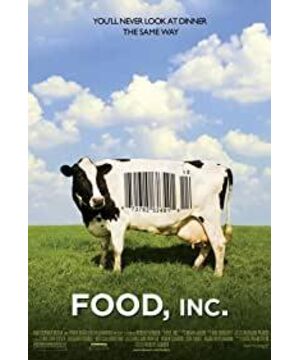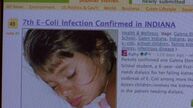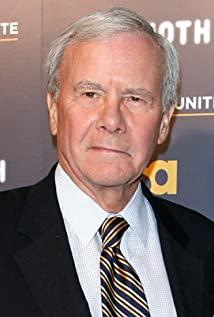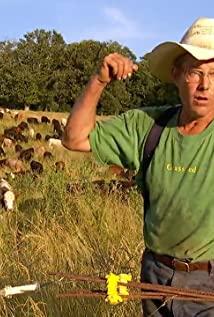I still admire their courage. A few days ago, I saw a review of genetically modified soy foods, and the brands were all coded. The company and processing environment inside are not coded! The documentary is more about the safety of raw materials. I used to read the case of Salmonella and Botox in the book. It really didn’t touch me, but I felt annoyed when I recited it. Watching the pictures in the documentary is still very touching, especially the picture of the mother describing her child who wants to drink water but can't drink water. I really feel the "powerful" of these bacteria... Mike Poland, I should be the second The second time I watched his documentary (hey hey caught my attention!) I felt that he has been emphasizing a concept "eat less food, eat more food!" The last time I watched his speech on "Defending Food" was particularly interesting, I still have time to watch it Read his book. Finally, I don't quite agree with the point of view conveyed by the documentary. First, there is no good or bad trend in industrialization. But the impact it brings is positive, negative, and neutral. The documentary is too direct on this point that industrial food is bad. Secondly, industrialization has undoubtedly solved the problem of food and clothing and promoted mechanized production. Now milking machines are used for milking (of course, I am speaking from a future perspective), and slaughtering is gentle (it is written in books). However, capital control of the food industry is bound to take the lead in "profit". Therefore, if we start from criticizing capital and take the food industry as the starting point, then I still compare some of the viewpoints of the documentary.
View more about Food, Inc. reviews











